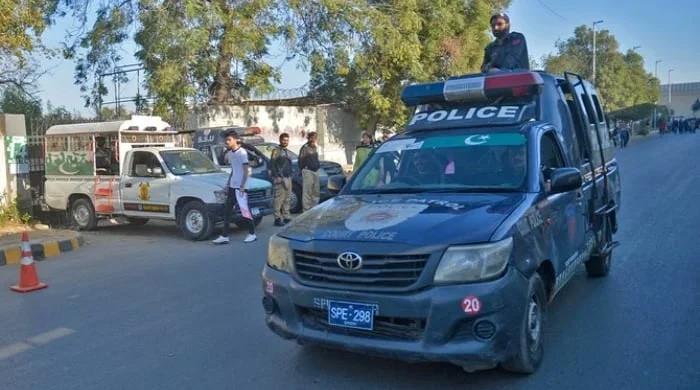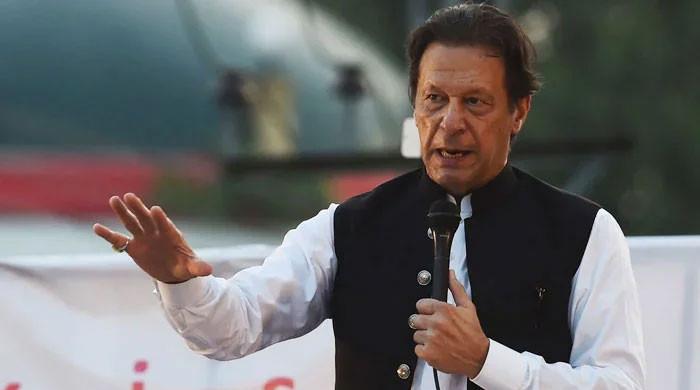FBR wants Rs10 health tax imposed on a pack of cigarettes
Proposal for the tax sent to law ministry to check whether it is a provincial or federal matter after 18th Amendment
November 24, 2020

ISLAMABAD: A health tax of Rs10 on a pack of cigarettes was proposed by the Federal Board of Revenue (FBR) on Monday.
The FBR has sent its proposal to the law ministry to check if the suggestion falls under the jurisdiction of the federal government or not after the 18th Amendment, a top FBR official confirmed to The News.
Further clarity is required before a policy is devised, the FBR official said, adding that they would only move forward after getting advice from the law ministry.
Read more: Sale of illegal cigarettes continues unabated in Pakistan
A health tax on cigarettes has long been advocated by the anti-tobacco lobby to discourage smoking among the youth. An approval was granted for the tax by the Cabinet in the last fiscal year.
There are two views on this: some say health is a provincial subject, while others argue it is the Centre's domain.
The FBR official cited an example of the Workers Welfare Fund and said it was operated and run by the FBR.
Read more: How the tobacco mafia in Pakistan steals billions from the exchequer
Giants in the tobacco sector are resisting the health tax. They say it will not decrease consumption, but rather create a shift where customers will buy cigarettes in black and not from the formal sector.
The tobacco companies say this could cause a revenue loss to the national exchequer of Rs20 to Rs24 billion per year.
Together with the increased share of an illicit product, the estimated losses to the national exchequer could go up to Rs100 billion, they added.
Read more: 'Vaping' trend alarms health experts in Pakistan
Legal points forwarded to the Ministry of Law were never considered before, so it is essential to seek advice before moving ahead, the FBR official said.
The FBR officials also said that the decision over taxation on the tobacco sector is usually taken on the eve of the budget, so the FBR will get sufficient time for policy formulation in the coming months.
The health ministry, meanwhile, proposed an increase in the pictorial health warning on cigarette packets by 10%.











